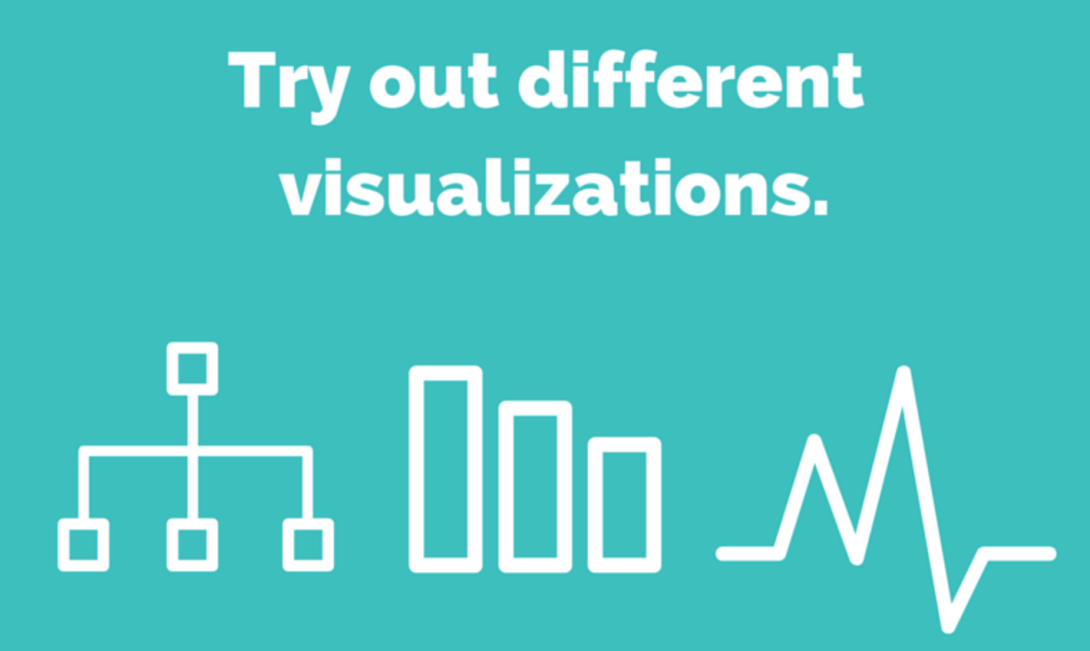STELAR ITEST PI & Evaluator Summit 2017: Building the Foundational Skills of the Future Science and Engineering Workforce
EventThe STELAR ITEST PI & Evaluator Summit is an annual opportunity for ITEST Principal Investigators (PIs) and evaluators to come together and share successes, challenges, and lessons learned from the ITEST program.
